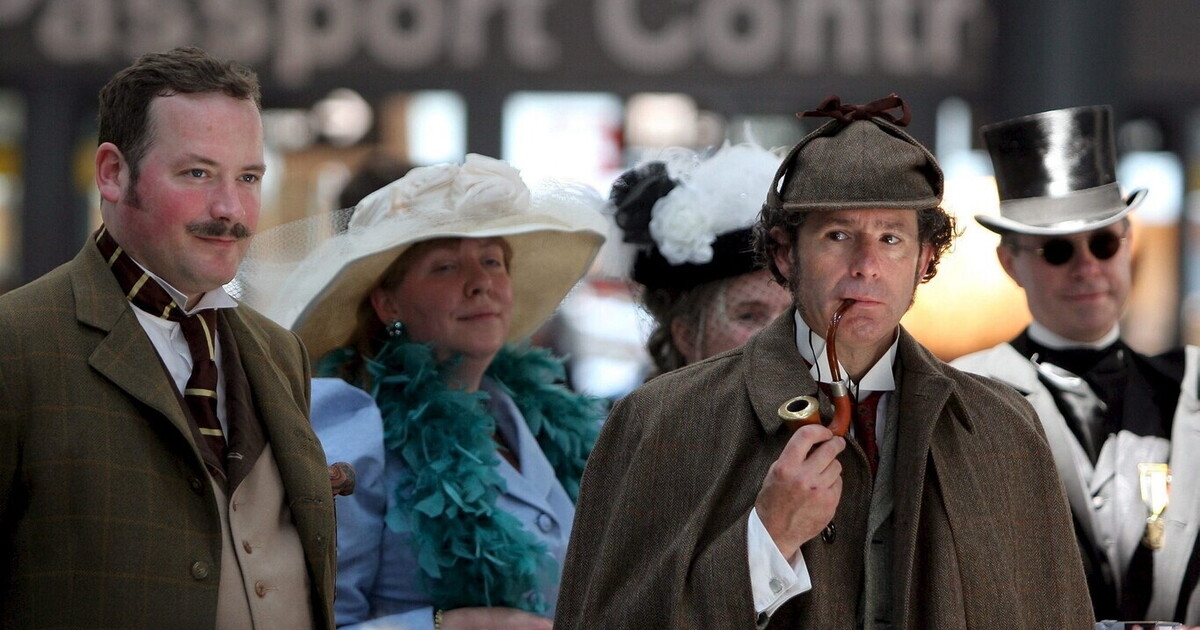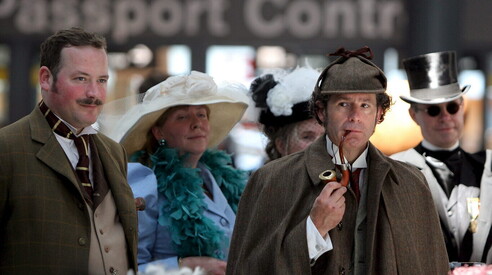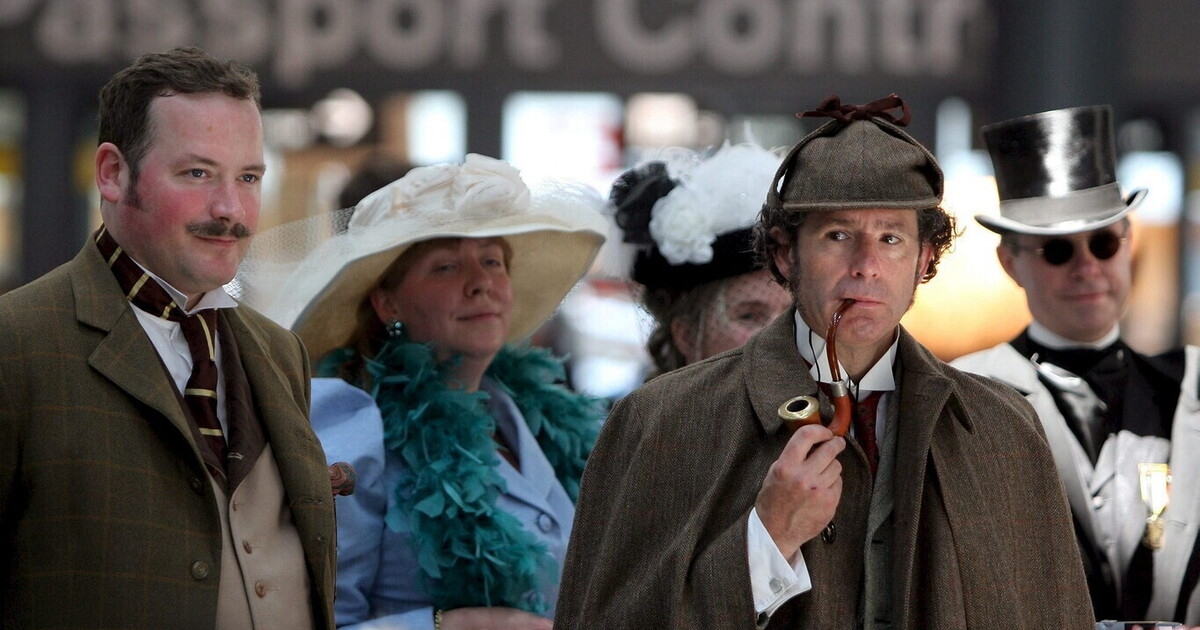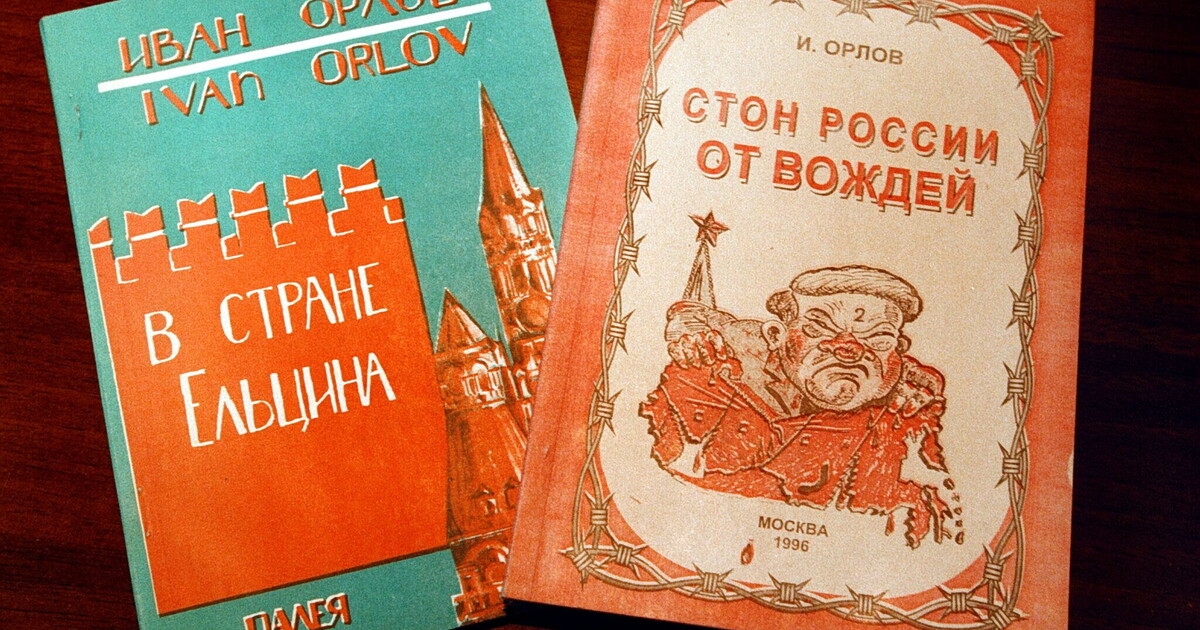On the island of Utakos the best Sherlock comes to life, drawing from the novel and the film


Handle
“The Final Problem” by Pérez-Reverte
The detective and his faithful companion, Watson, have had many imitations. The latest is Arturo Pérez-Reverte's mystery "Final Problem," about a hotel guest who gets stranded. It's soon to be a Netflix series, but we don't know when it will arrive on the platform.
On the same topic:
Arthur Conan Doyle invented Sherlock Holmes in 1887 and phased him out of existence in 1893. From "A Study in Scarlet" to "The Last Adventure," a title that left no doubt about the author's dislike for the character's success. Sherlock falls with his mortal enemy Moriarty from the Reichenbach Falls in Switzerland. It wasn't a soap opera prank; he genuinely wanted to quit and devote himself to his beloved spiritualist studies—and blindly believe the 1920 fake news story: two young girls had photographed fairies in their garden. Skeptics immediately noticed that the cardboard cutouts were in the latest Parisian fashion. Sherlock Holmes was resurrected by acclaim. In literary retaliation, the detective and the faithful Watson who writes his adventures boast numerous imitations. The apocrypha number in the hundreds, and there are also film and television versions.
Guy Ritchie's film starring Robert Downey Jr. restores Sherlock's physical strength, and he has a boxing past. "Sherlock," played by Benedict Cumberbatch for the BBC, has a dandyish present; he's even given Oscar Wilde's dying line, looking at the ugly wallpaper: "Either that wallpaper goes away or I go away." The backdrop is useful for truly appreciating Arturo Pérez-Reverte 's efforts in "The Final Problem" (published by Settecolori). Not for reading: it's fast-paced and enthralling (aside from a few translation stumbles, mostly unacknowledged film references). The Spanish writer boasts a novel adapted for the screen in 1999 by Roman Polanski: the bibliophile intrigue "The Ninth Gate" was based on "The Dumas Club." "The Final Problem" is already a Netflix series, but we still don't know when it will arrive on the platform. Arturo Pérez-Reverte has made his way through a mountain of apocrypha, landing on Utakos, a small island off Corfu isolated by a devastating storm. Among the stranded hotel guests, the first to whisper "murder in a locked room"—intended as a detective story: someone is dead, and the room is locked from the inside—has guessed the genre. The Spanish writer will play on the theme, citing classic puzzles. Arturo Pérez-Reverte skillfully weaves his way between the bookish Sherlock Holmes and the Sherlock Holmes of the early films, when Basil Rathbone played him. Fourteen in all, they also established the canonical attire. Hunting hat with flaps, coat with cape, pipe in mouth, the line "Elementary, Watson!" which comes from the theater but doesn't exist in the novels.
A Basil, who was an actor—even in Shakespearean roles—but is remembered only for his detective's pipe, finds himself on the island of Utakos with nine people who seem to have nothing in common. He knows two of them: a boastful Italian producer and an opera singer who has seen better days. There's a German vacationer and his wife, a writer of train detective novels, and two friends traveling together. The owner of the guesthouse is named Auslander, who still seems to be suffering from the concentration camp. It's 1960, and in the small hotel a couple of people cook, wait at table, and take care of small chores. One of the two friends dies immediately afterward; she wandered toward the beach and didn't return to her room. The police are stranded by bad weather, leaving the investigation to the Sherlock Holmes of the movies—in open rivalry with the scribbler of cheesy detective novels. Mr. Holmes occasionally casts an affectionate glance at the bottles; he stopped years ago and still feels a sharp nostalgia.
More on these topics:
ilmanifesto





